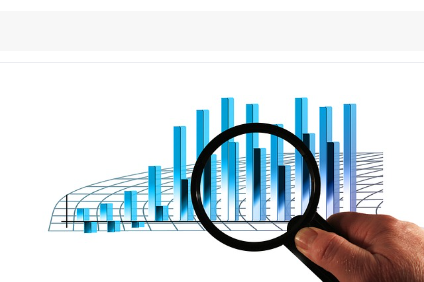현재 장바구니가 비어 있습니다!

[2024-08-06 Korea Economic News] Asian Stock Markets Surge: KOSPI and Japans Markets Trigger Circuit Breaker
Market Turmoil: Economic Concerns Rise in Asia
The recent news surrounding economic fears in the United States has cast a shadow over Asian stock markets, leading to a remarkable chain reaction that investors and analysts have been closely monitoring. The turmoil has not only affected major indices but has also raised alarms about potential recessionary signals globally. In this blog post, we will delve into the impact of these economic concerns on the Asian markets, particularly focusing on the Japan Stock Exchange and Korea’s securities.
Impact of Economic Concerns on the Japanese Stock Market
Amid rising worries about a potential downturn in the U.S. economy, the Japan Stock Exchange has witnessed extreme volatility, triggering the activation of circuit breakers. These measures are designed to prevent panic selling and stabilize the market. As international investors reacted, the Japanese stocks faced a sharp decline, reflecting the growing unease about economic prospects. The decision to implement a circuit breaker showcases how sensitive the market has become in response to economic signals from the U.S., emphasizing the interconnectedness of global financial systems.
With the rising fears of an economic recession in the United States, Japan’s Nikkei Index plummeted significantly, capturing the attention of analysts and investors alike. Many are now pondering the sustainability of recovery efforts following the COVID-19 pandemic. This pivotal moment has seen the Japanese market reacting not just to domestic economic metrics but also to external influences, particularly from the American economy, which remains a key driver of global markets.
Korean Markets Face Turbulence Amid Foreign Sell-offs
On the other side of the Sea of Japan, South Korea’s stock market has not been spared from the turmoil. The sudden rise in selling pressure led to the activation of the “sidecar” mechanism on the KOSPI. This emergency measure temporarily halts trading to limit excessive volatility. Such interventions highlight the apprehension that has gripped traders, as foreign investors have engaged in significant sell-offs of KOSPI200 futures. This behavior suggests that the anxiety surrounding the United States’ economic outlook is influencing decisions well beyond American borders.
Korea Economic News has reported that the KOSPI200 futures prices are under considerable pressure, driven largely by international investor sentiment. The decline in these futures has repercussions for both local and foreign investors looking to stabilize their portfolios in an increasingly unpredictable market. It is vital for traders to monitor the developments in American economic performance, as any hiccup stateside can have cascading effects on the Asian markets.
Asia’s Market Dynamics: The Need for Vigilance
The ripple effects of concerns surrounding the U.S. economic downturn have underscored the necessity for vigilance among both domestic and international investors. Not only are stock prices fluctuating wildly, but there are also growing fears of diminished consumer confidence and spending. In a world where markets are inequitably intertwined, a decline in the American economy can have far-reaching consequences, impacting regions as dynamic as Asia.
As we witness these market fluctuations, it is important to remain informed about the latest developments. The Korea Economic News highlights the ongoing challenges facing investors in Asia as they navigate through these uncertain waters. With significant sell-offs and emergency responses being activated, the stakes are high. Investors must carefully weigh their options, balancing risks against potential rewards in this climate of uncertainty.
In conclusion, as concerns over the U.S. economy loom large, Asian markets—including Japan’s and South Korea’s—are feeling the heat. Circuit breakers and the sidecar mechanism serve as reminders of the volatility present in the current landscape, while foreign sell-offs of KOSPI200 futures underline the interconnected nature of global economies. Keeping an eye on the trends reported by Korea Economic News will be essential for navigating this complex situation.
The ongoing dynamics following the American economic fears present both challenges and opportunities for investors. Understanding how these broader economic indicators work can provide valuable insights into positioning for future growth and stability in the markets.
For more insights and in-depth analysis of the current economic landscape, feel free to visit https://walterlog.net for further information.